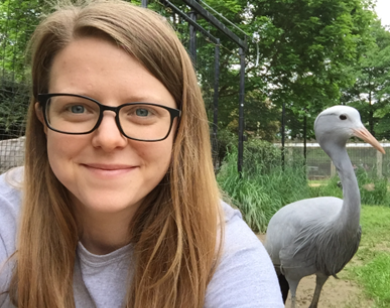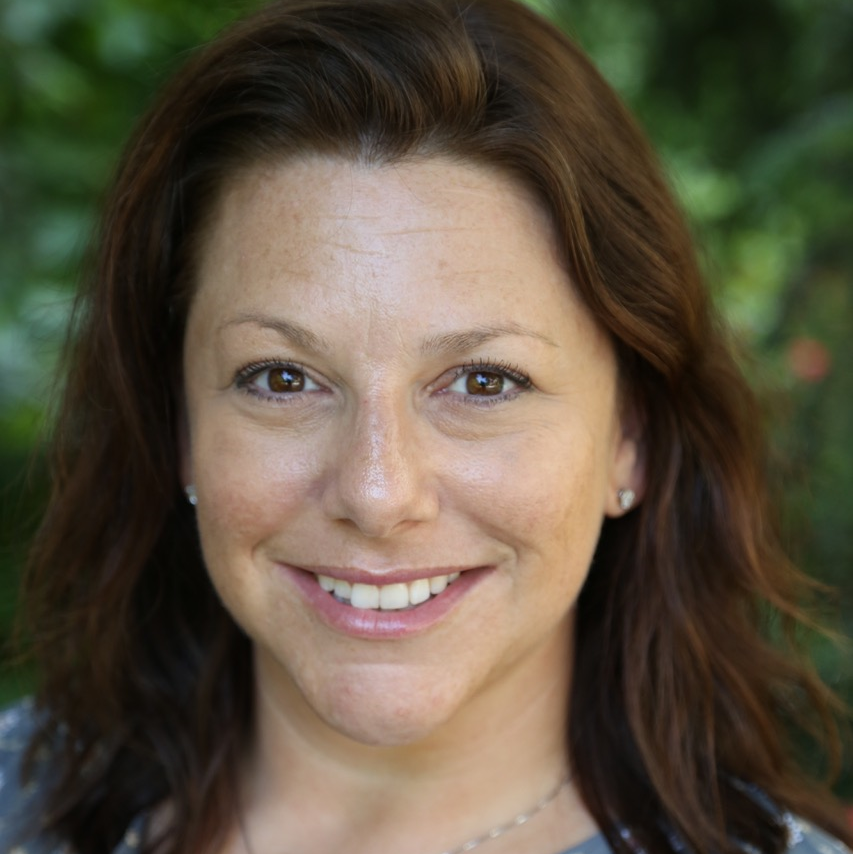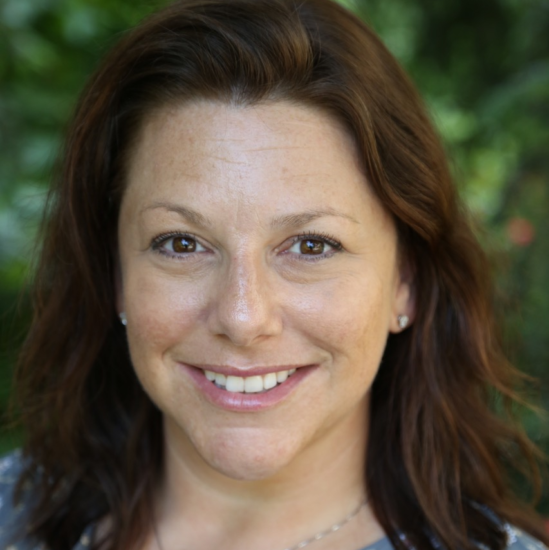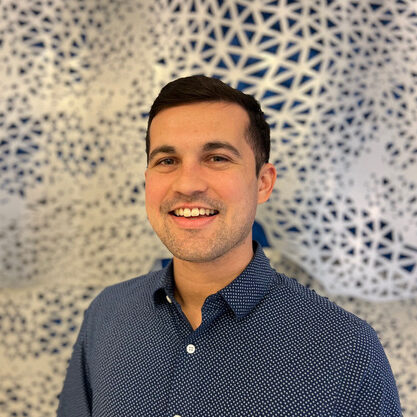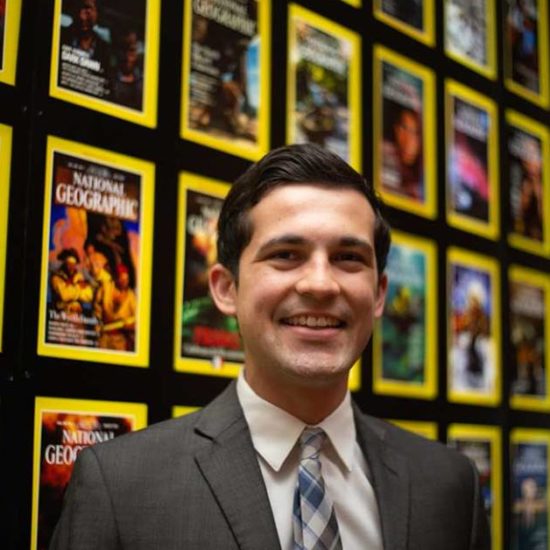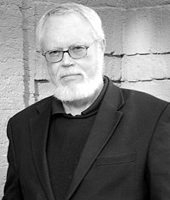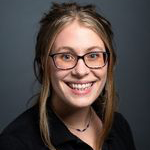Animal Keeper, American Trail
Chelsea Grubb has been a zookeeper for 11 years. For the last five years, she has worked at the National Zoo on American Trail. She has worked with all different kinds of animals throughout her career including elephants, pinnipeds, free flight bird shows, domestics, and small mammals. She is the Chair of the Zoo’s Enrichment and Training Committee, serves on the Zoo’s animal welfare committee, and coordinates the zookeeper internship program for American Trail.





